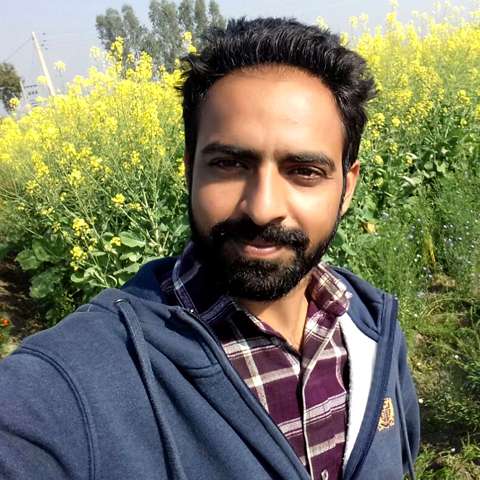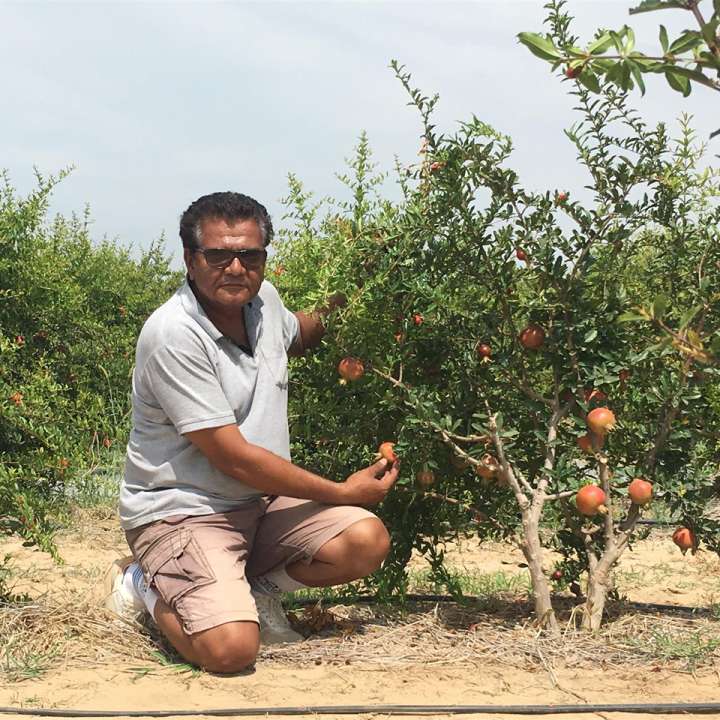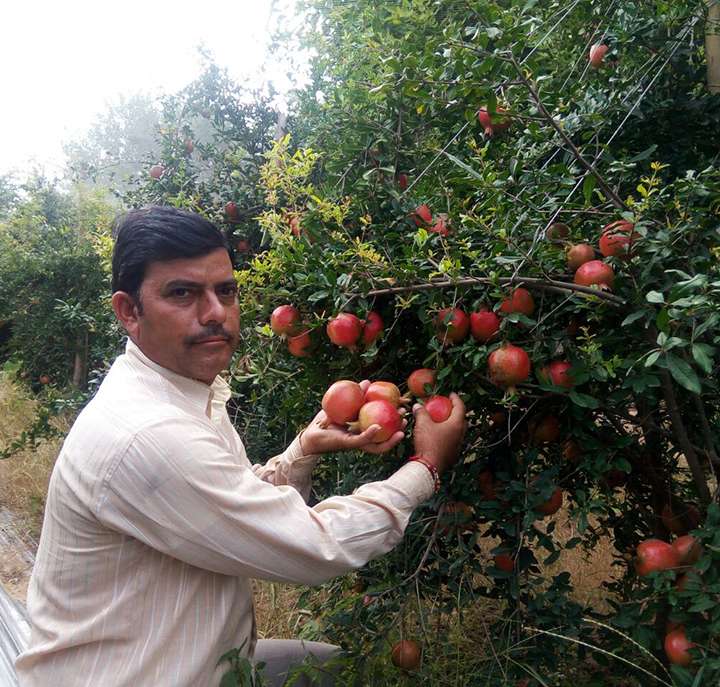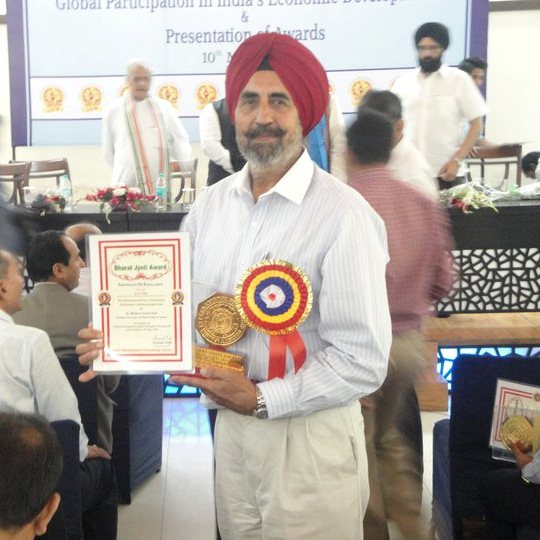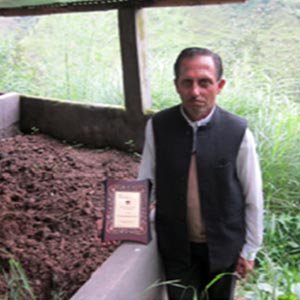Sowing Seeds of Resilience: Sarabjit Singh’s Journey as a Progressive Farmer
In the vibrant city of Patiala, where the fields stretched as far as the eye could see, resided a progressive farmer named Sarabjit Singh Grewal. Blessed with 6.5 acres of fertile land, Sarabjit embarked on his journey in fruit farming in the year 1983. His early years were filled with enthusiasm and a thirst for knowledge as he tirelessly cultivated various fruit crops.
Sarabjit’s passion for agriculture was deeply rooted in his family’s background. His father, Sardar Jagdayl Singh, had retired from Panjab Agriculture University’s Horticulture department in 1980 and was also involved in establishing the Fruit Research Centre in Bathinda. Growing up, Sarabjit was inspired by his father’s expertise and guidance, and it was in 1983 that he decided to pursue agriculture.
Refusing to be disheartened by setbacks, Sarabjit delved into extensive research to enhance his farming practices. With a Master’s and PhD in Zoology from Punjabi University, Sarabjit had a strong academic background that further fueled his thirst for knowledge. He voraciously read books on horticulture and sought information from the vast realm of the internet. Through his dedicated research, Sarabjit gained a wealth of knowledge that allowed him to make informed decisions about his farming endeavors.
In 2018, after nearly fifteen years of experimentation with different crops such as guava, Indian gooseberry, and pomegranate, Sarabjit made a strategic decision to focus on cultivating plum, guava, and peaches. Drawing from the lessons learned from his previous experiences, he carefully studied the unique requirements of peach trees, ensuring that the soil, water, and climate conditions were ideal for their growth. He also adopted the package of practices recommended by Panjab Agriculture University (PAU) and sought guidance from horticulture officers.
Sarabjit’s peach orchard flourished as he embraced the challenges that came with fruit farming. He understood the importance of close plantation and dedicated individual care and attention to each tree, including proper pruning, pest control, and disease prevention. His unwavering dedication and countless hours spent monitoring his trees resulted in a bountiful harvest.
To establish a market for his produce, Sarabjit relied on the services of an intermediary. He recognized the significance of building a strong network to connect with potential buyers and ensure fair prices for his hard-earned fruits. This allowed him to focus on the cultivation process, confident that his fruits would reach eager consumers.
As the sun sets over Sarabjit’s peach orchard, the fruits of his labor stand tall as a testament to his unwavering dedication. His choice of the Shan-e-Punjab species of peach, along with the cultivation of apples, plums, and even exotic fruits like dragon fruit, showcases his adaptability and willingness to explore new horizons in fruit farming. Sarabjit’s success story highlights the importance of knowledge, resilience, and a deep love for the land in achieving agricultural excellence.
Message to farmers
Sarabjit encourages fellow farmers to persevere through the inevitable difficulties, for the joy and satisfaction derived from a life devoted to nurturing the land are immeasurable. He also acknowledges that there may be limitations to earning potential in the fruit farming industry, but the rewards go beyond monetary gains.



